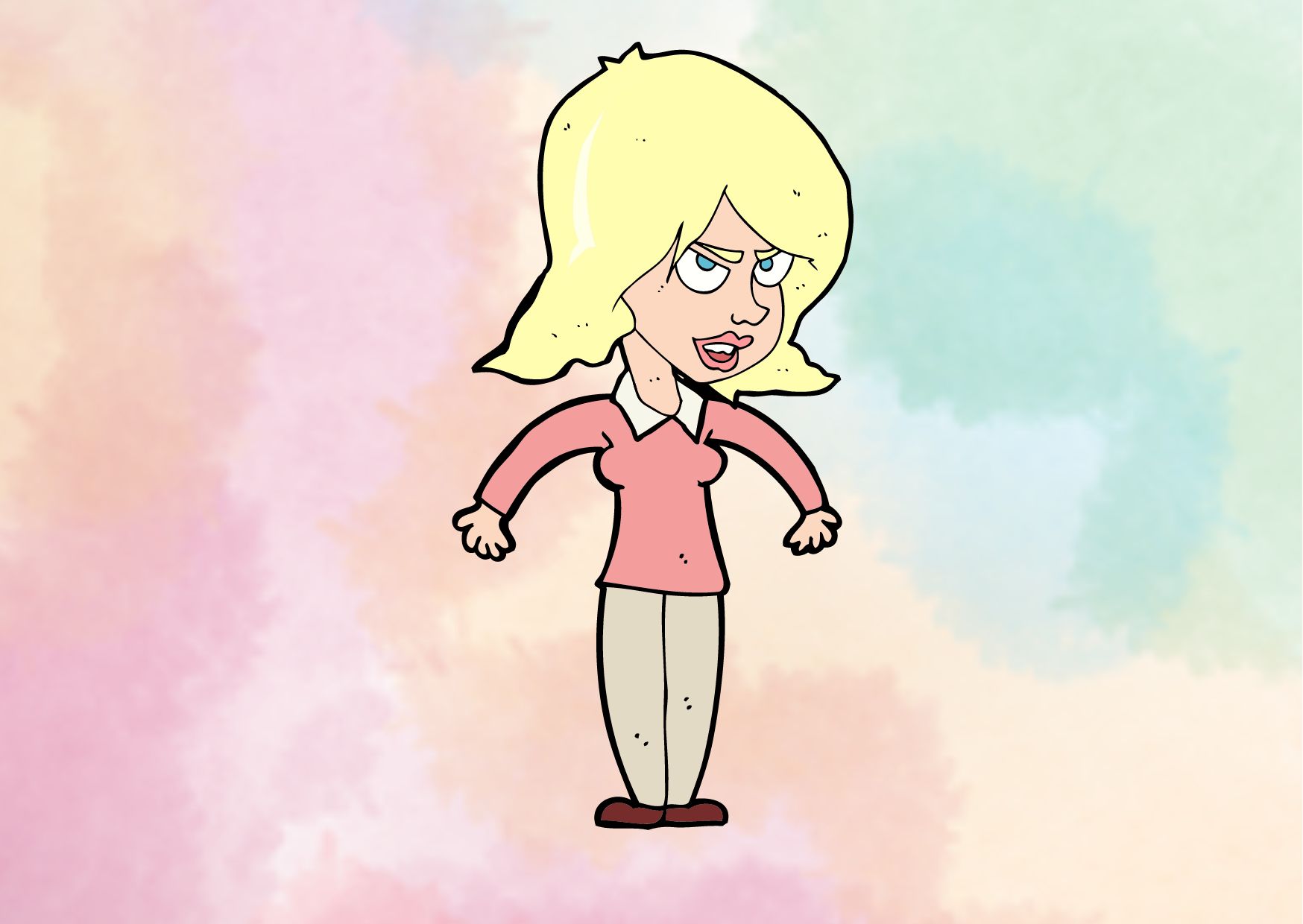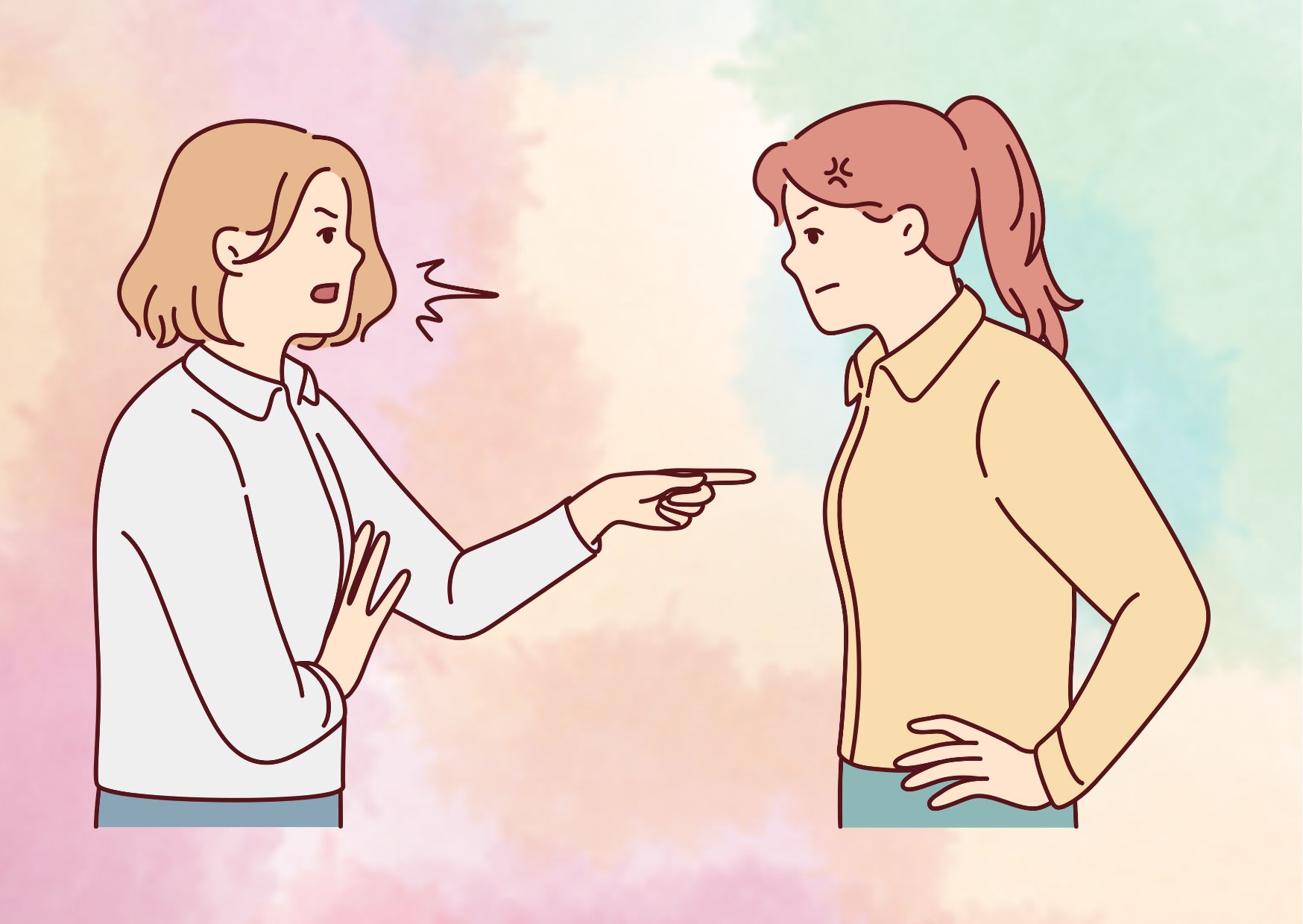How Growing Up with a Toxic Child Impacts Long-Term Mental Health
Growing up with a toxic child can have profound and lasting effects on an individual’s mental health. The experience of living alongside a sibling or family member who exhibits consistently harmful behavior creates an environment of stress, anxiety, and emotional turmoil. This toxic childhood stress often leads to adverse childhood experiences that shape one’s psychological well-being well into adulthood.
The impact of toxic child relationships extends far beyond the immediate family dynamic. This article explores the short-term and long-term consequences of growing up with a toxic child, examining how these experiences contribute to childhood trauma and mental health issues. It delves into the complex nature of toxic childhood syndrome, discusses strategies to handle toxic child behavior, and offers insights on breaking the cycle of toxicity. Additionally, it provides guidance on healing and recovery for those who have endured the effects of life with a toxic child, emphasizing the importance of addressing toxic childhood trauma to foster healthier relationships and improved mental well-being.
Understanding Toxic Childhood Environments
Toxic childhood environments have a significant impact on a child’s development and long-term mental health. These environments are characterized by prolonged exposure to stress, lack of adequate adult support, and harmful behaviors that interfere with a child’s growth and brain functioning.
Types of Toxic Behaviors
Toxic behaviors in children often stem from their exposure to chronic stress and inadequate care. These behaviors can manifest in various ways:
- Disruptive and rude behavior towards parents and others
- Temper problems and bad attitudes
- Complete disregard for rules
- Challenging parents’ decisions aggressively
- Frequent rule-breaking without remorse
- Ordering parents and throwing tantrums
- Lack of empathy and manipulation
Signs of a Toxic Child
Identifying toxic behavior in children can be challenging, as it may initially resemble normal responses to stress. However, persistent signs that interfere with a child’s social engagement and surroundings may indicate toxic stress:
- Isolating oneself from society
- Changes in academic performance
- Excessive irritability or mood swings
- Physical symptoms
- Regression in child development
Impact on Family Dynamics
Toxic childhood environments have a profound effect on family dynamics:
- Disruption in family structure: This can lead to emotional and behavioral problems, particularly in families disrupted by divorce.
- Risk factors for abuse: Young age, depression, substance abuse, poverty, and a history of maternal separation during childhood are identified as risk factors for caregivers. The presence of unrelated male partners in the home also increases the risk of abuse.
- Stepfamily dynamics: The presence of a stepparent can increase the risk of abuse by 20-40 times compared to living in a biologically intact family.
- Parental psychopathology: Children of parents with affective illnesses are at higher risk of developing depression and other mental health issues. The mother’s affective state tends to have a more significant impact on the child than the father’s illness.
- Marital discord: Parental marital impairments can increase a child’s risk for psychopathology and often intertwine with parental mental health issues.
The environment in which a child grows up has a dramatic effect on their personality and behavior later in life. Toxic family environments can lead to struggles in adulthood that those raised in healthier environments may not experience. Understanding how childhood influences emotions and decisions as an adult can help individuals navigate life with more peace and confidence.
Recognizing and addressing toxic childhood environments is crucial for breaking the cycle of toxicity and promoting healthier relationships and improved mental well-being. By providing necessary care and support during critical developmental periods, society can work towards reducing violence, neuroses, anxieties, and other issues that may arise from toxic childhood experiences.
Short-Term Effects on Mental Health
Growing up with a toxic child has significant short-term effects on mental health, impacting both children and parents within the family unit. The presence of a toxic child creates an environment of chronic stress, leading to various adverse childhood experiences that shape the psychological well-being of all family members.

